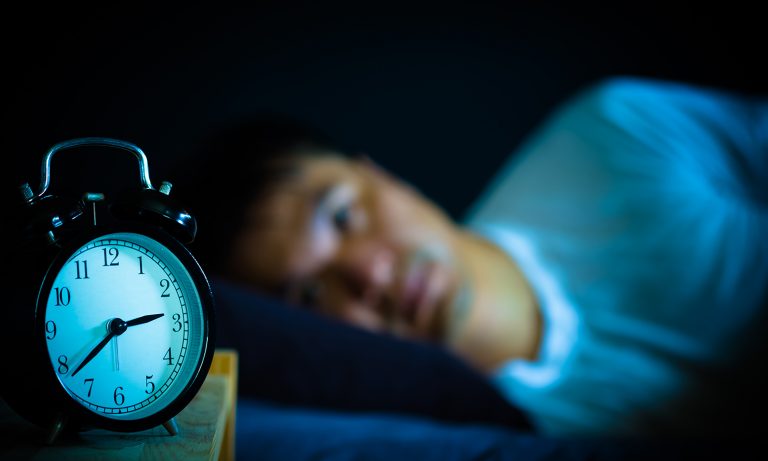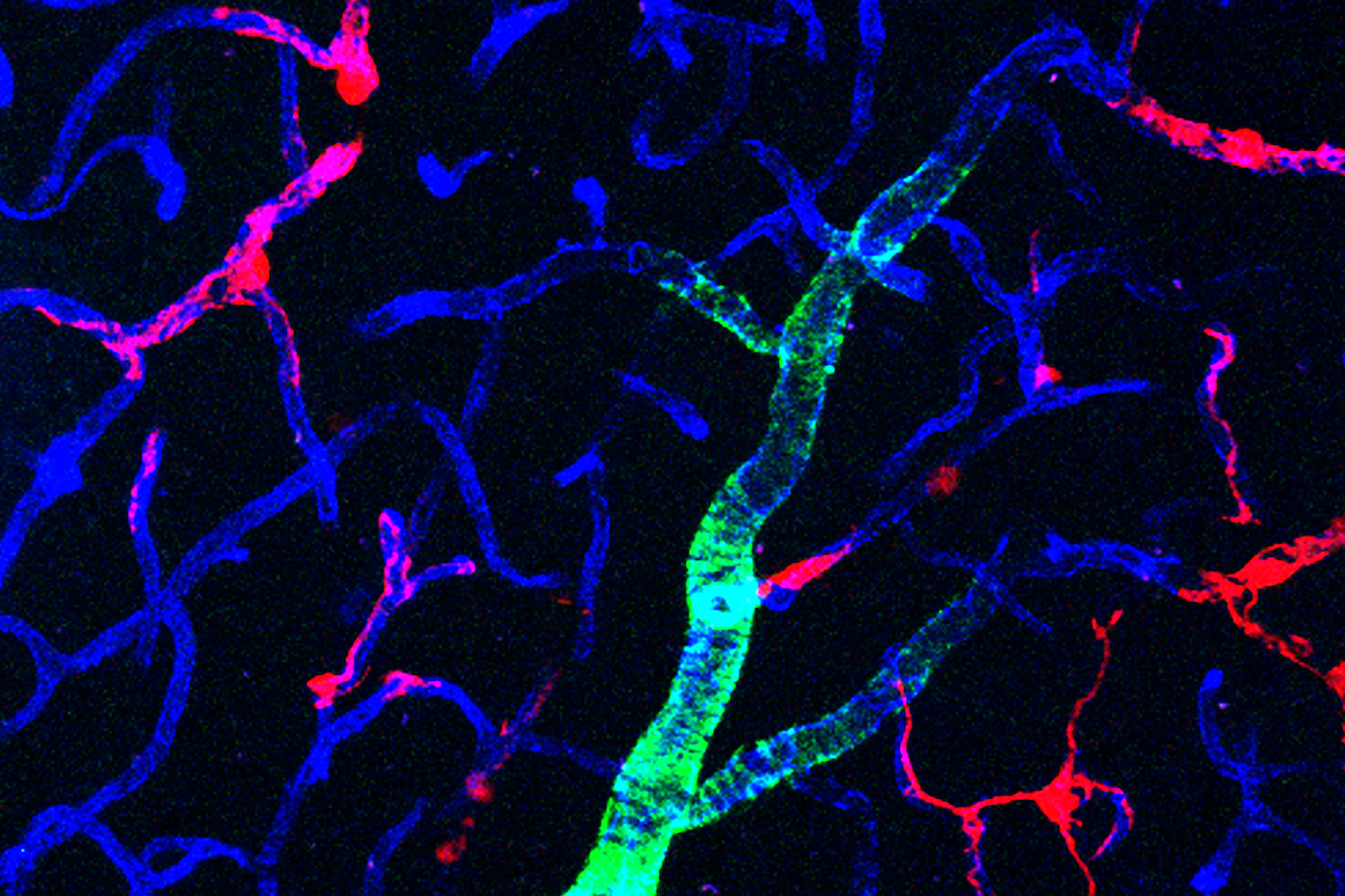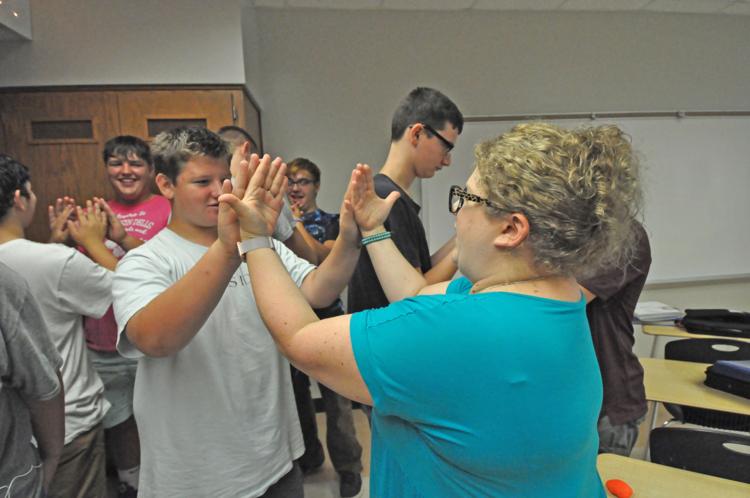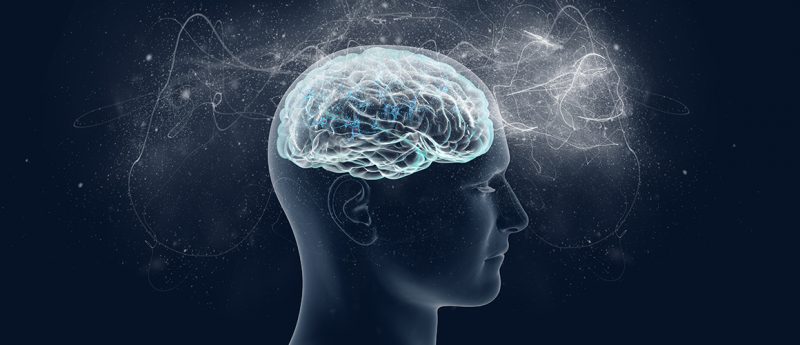During such phenomenal occasions, sentiments of nervousness, stress, and absence of control are on the ascent. Perceiving how these emotions influence our state of mind, however our rest is basic to our wellbeing.
The COVID-19 pandemic has given us an over-burden of data and vulnerability that has made even rest upsetting. As of late, an expanded number of individuals have shared constant rest aggravations or rest disappointment.
While the finding of a sleep issue requires a multi-dimensional appraisal, the essentialness credited to rest interruption is progressively visit when people are given unfavorable occasions. At present, our excitement is expanded past typical for the duration of the day with dread, tension, or other negative feelings brought about by the novel Coronavirus.
As this expanded excitement proceeds as the night progressed, there is over the top initiation of the cerebrum bringing about deregulation. The worry at that point turns out to be the manner by which our body’s deregulated rest cycle starts to influence us. Intellectual bends, alarm, and in extraordinary cases, even mind flights may create as this excitement turns out to be more deregulated. Therefore, constant rest disturbance creates, and the capacity to nod off at the ideal time and stir at a customarily satisfactory time turns out to be progressively increasingly troublesome.
While trying to relieve extreme sleepiness or weakness for the duration of the day, one may take visit rests or devour high measures of caffeine to control this example. Be that as it may, a change of the body’s circadian beat creates. The circadian musicality is basically the body’s interior clock and is answerable for the arrangement between our physical condition and balancing out rest/alertness.
The body’s inner clock is controlled by light, melatonin, and action. At the point when the body’s interior clock is sporadic, the outcomes are prompt and long haul negative impacts.
The Relationship Between Sleep Deprivation and Mental Health
There is no denying the negative impacts lack of sleep has on the body and psychological wellness. Rest issue are regularly connected to different physical medical issues. These adjustments in rest designs meddle with the capacity of healthy maturing and improvement.
Determined examples of poor or unpredictable rest propensities add to an endless loop of worry about rest and occurrences of stress-related side effects, for example, cerebral pains, muscle pressure, or gastrointestinal distress. All the more critically, the danger of rising mental issue may turn out to be progressively pervasive.
Disorders, for example, Insomnia can prompt a movement of a first depressive scene.
Noteworthy brokenness or disabilities in social, word related, or different zones of working additionally create. Results of constant Insomnia incorporate poor fixation, diminished profitability, expanded uneasiness, fractiousness, and other decreased personal satisfaction factors. Other grave results of Insomnia issue can incorporate a high danger of substance misuse, coronary illness, diabetes, or other interminable agony conditions.
Great Sleep Habits
While our lives are as of now being affected, keeping up our rest quality is basic for our mental and physical wellbeing. Keeping up a directed rest cycle decreases negative physiological reactions brought about by pressure and dread. Furthermore, rest assumes a critical job in our psychological procedure. In a couple of words, a decent night’s rest improves all parts of our wellbeing.
Building up a decent rest routine helps protect a feeling of consistency during testing times while encouraging our possible change back to regularity. Albeit six to eight hours of rest for each night is the suggested sum by specialists, the measure of rest an individual may require changes. Coming up next are exercises and suggestions to advance a healthy rest cycle:
Decline your caffeine consumption for the duration of the day. This may incorporate constraining your “cafecito” breaks to mornings or early evenings to dodge undesirable night excitement.
Maintain a strategic distance from unnecessary snoozing. Being home throughout the day makes it hard to not take more rests to relax or soothe drowsiness. Long daytime rests can discourage evening time rest. Endeavoring to “catch up on sleep” during the end of the week likewise brings about disturbing the rest cycle. This may prompt “sleep hangovers” where an individual may feel more regrettable after arousing because of an excessive amount of unpredictable rest. Dodge substances and tranquilizers.
The utilization of liquor or other well known antihistamines to prompt sluggishness results in non-therapeutic rest. Thusly, they just produce a transitory arrangement and can be propensity shaping.
Make an agreeable room condition. In the event that conceivable, put resources into a sleeping cushion, pads, or sheets to improve your solace level. Moreover, keeping up the room at an agreeable temperature, diminishing commotion, draperies to keep the room dim, and keeping the room clean and de-jumbled will make loosening up simpler.
Wind down. Devote the prior hour bed as a period for you to “wind-down” truly and intellectually. Abstain from invigorating exercises and take part in loosening up rest customs to set up the body and psyche for bed. Clean up or shower, read a light or even an exhausting book, tune in to loosening up music, and unwind with some breathing activities or fragrant healing. The more formal these sleep time exercises become, the brain and body will in the end start to connect them with getting ready for sleep.
Save your bed just for sleep. Since bad dreams might be progressively predominant because of the pressure prompted by the pandemic, it is critical to just keep up a connection between the bed and rest. This implies maintaining a strategic distance from screen time or different exercises, for example, examining, working, or reading stimulating material while in bed.
Possibly hit the hay in case you’re prepared to rest. Frequently, people may lie in bed, hurling and turning for a lot of time before nodding off. This expands uneasiness about nodding off and connecting the bed with a horrendous rest design. Rather, get up and take part in some unwinding activities, for example, some light perusing or breathing activities until you’re all set back to bed.
Make a rest plan. Because of most of our day being spent at home, it may be enticing to keep awake until late and stay in bed. Organize a predictable rest plan with a fitting sleep time and wake-up time.
Remain active. A daytime plan with exercises to take part in can help keep up a rest plan. Coordinating consistent schedules, for example, brushing your teeth, evolving garments, securely taking a walk, or doing in-home exercises give consistent body propensities for the duration of the day.
Deal with your news intake. It has gotten almost difficult to stay away from steady Coronavirus refreshes or related news. Organizing proper occasions for news data and perusing will decrease an over-burden of nervousness or upsetting media suggestions.




